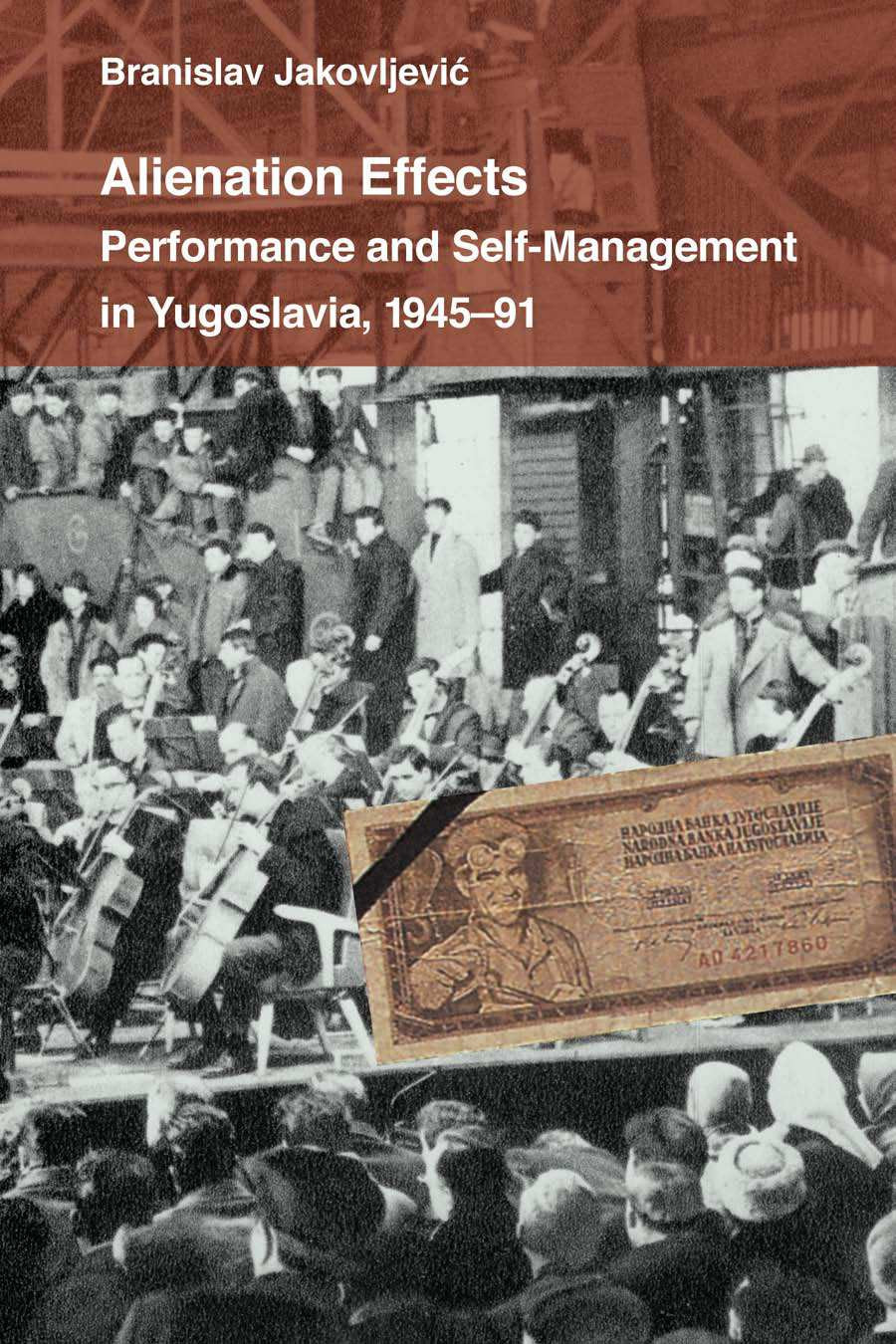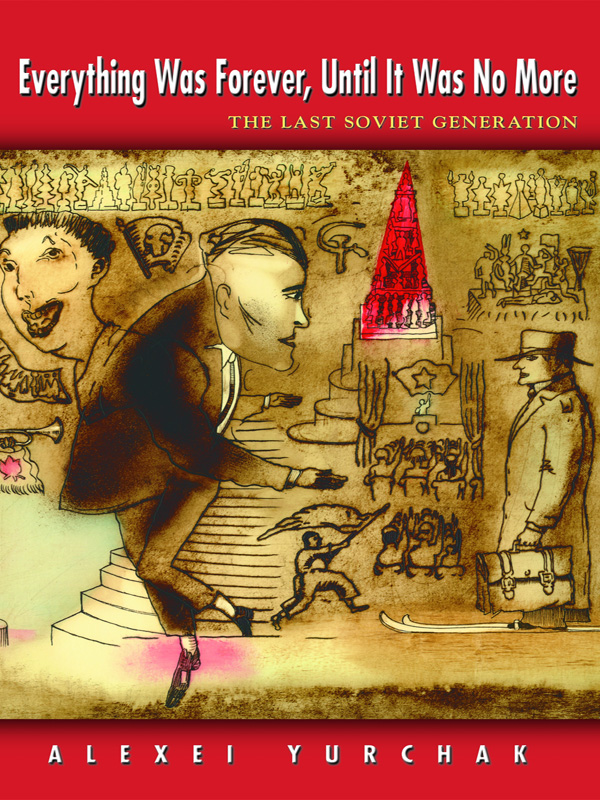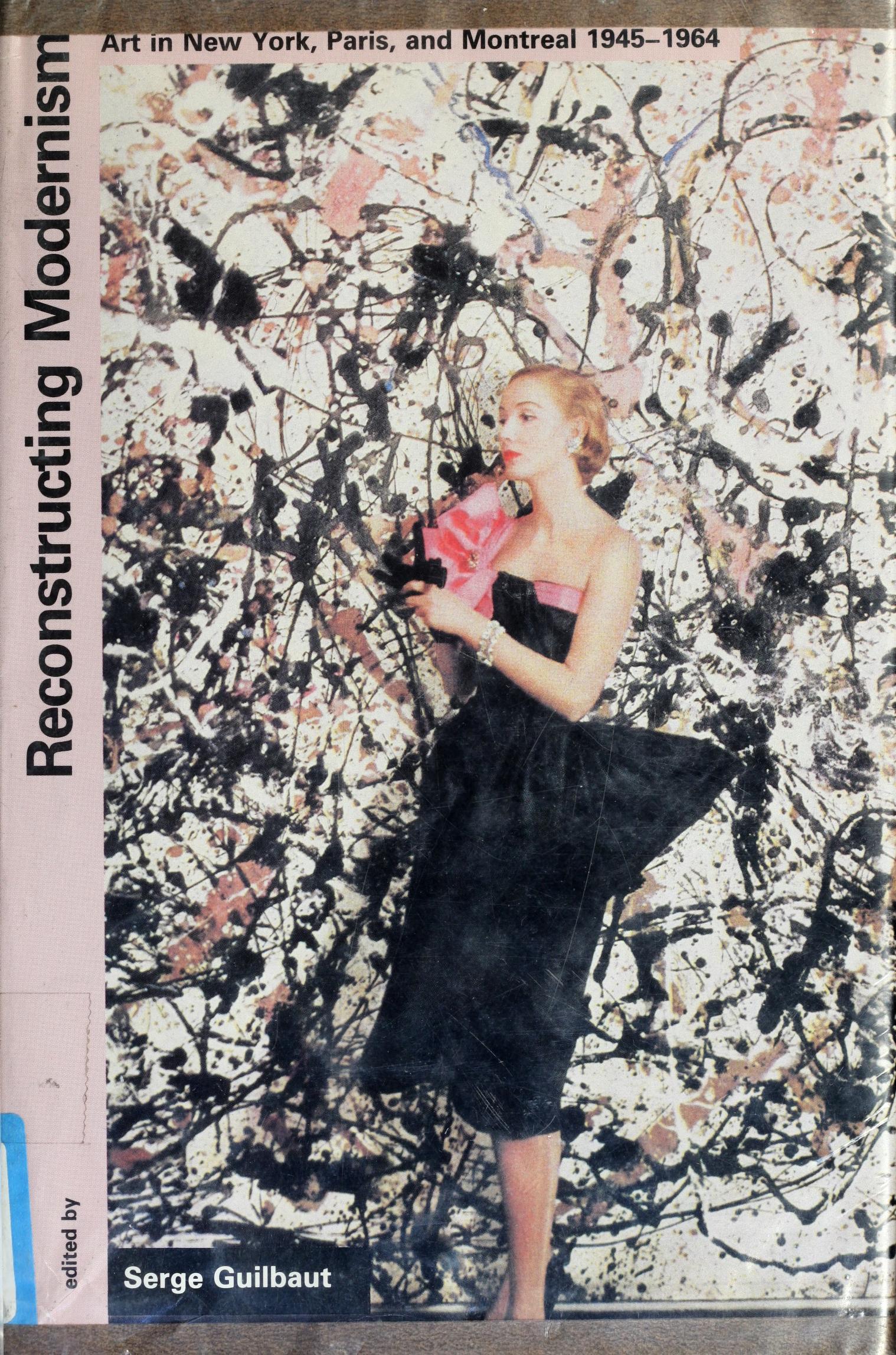Branislav Jakovljević: Alienation Effects: Performance and Self-Management in Yugoslavia, 1945-91 (2016)
Filed under book | Tags: · 1950s, 1960s, 1970s, 1980s, art history, conceptual art, eastern europe, marxism, performance, performance art, politics, socialism, yugoslavia

“In the 1970s, Yugoslavia emerged as a dynamic environment for conceptual and performance art. At the same time, it pursued its own form of political economy of socialist self-management. Alienation Effects argues that a deep relationship existed between the democratization of the arts and industrial democracy, resulting in a culture difficult to classify. The book challenges the assumption that the art emerging in Eastern Europe before 1989 was either “official” or “dissident” art, and shows that the break up of Yugoslavia was not a result of “ancient hatreds” among its peoples but instead came from the distortion and defeat of the idea of self-management.
The case studies include mass performances organized during state holidays; proto-performance art, such as the 1954 production of Waiting for Godot in a former concentration camp in Belgrade; student demonstrations in 1968; and body art pieces by Gina Pane, Joseph Beuys, Marina Abramovic, and others. Alienation Effects sheds new light on the work of well-known artists and scholars, including early experimental poetry by Slavoj Žižek, as well as performance and conceptual artists that deserve wider, international attention.”
Publisher University of Michigan Press, 2016
Creative Commons BY-NC-ND License
ISBN 9780472900589
xii+369 pages
Reviews: Jestrović (Contemp Theatre Rev), Goulish (TDR), Tepavac (arcadia), Halilbašić (rezens.tfm), Radosavljević (Modern Drama), Jovićević (Peščanik).
PDF, PDF (3 MB)
Images, PDF (HathiTrust)
PDF chapters (Jstor)
Alexei Yurchak: Everything Was Forever, Until It Was No More: The Last Soviet Generation (2005–) [EN, RU]
Filed under book | Tags: · 1950s, 1960s, 1970s, 1980s, anthropology, communism, ideology, russia, socialism, soviet union

“Soviet socialism was based on paradoxes that were revealed by the peculiar experience of its collapse. To the people who lived in that system the collapse seemed both completely unexpected and completely unsurprising. At the moment of collapse it suddenly became obvious that Soviet life had always seemed simultaneously eternal and stagnating, vigorous and ailing, bleak and full of promise. Although these characteristics may appear mutually exclusive, in fact they were mutually constitutive. This book explores the paradoxes of Soviet life during the period of ‘late socialism’ (1960s-1980s) through the eyes of the last Soviet generation.
Focusing on the major transformation of the 1950s at the level of discourse, ideology, language, and ritual, Alexei Yurchak traces the emergence of multiple unanticipated meanings, communities, relations, ideals, and pursuits that this transformation subsequently enabled. His historical, anthropological, and linguistic analysis draws on rich ethnographic material from Late Socialism and the post-Soviet period.
The model of Soviet socialism that emerges provides an alternative to binary accounts that describe that system as a dichotomy of official culture and unofficial culture, the state and the people, public self and private self, truth and lie–and ignore the crucial fact that, for many Soviet citizens, the fundamental values, ideals, and realities of socialism were genuinely important, although they routinely transgressed and reinterpreted the norms and rules of the socialist state.”
Publisher Princeton University Press, 2005
In-Formation series
ISBN 0691121168, 9780691121161
x+331 pages
Reviews: Gleb Tsipursky (Soviet and Post-Soviet Review, 2005), Sheila Fitzpatrick (London Review of Books, 2006), John P. Ziker (American Anthropologist, 2006), Luahona Ganguly (Int’l J Communication, 2007), Christian Noack (H-Soz-u-Kult, 2007, DE), Christoph Neidhart (J Cold War Studies, 2010).
Everything Was Forever, Until It Was No More (English, 2005, EPUB)
Eto bylo navsegda, poka ne konchilos (Russian, trans. A. Belyaev, 2014, 15 MB)
Serge Guilbaut (ed.): Reconstructing Modernism: Art in New York, Paris, and Montreal 1945-1964 (1990)
Filed under book | Tags: · 1940s, 1950s, 1960s, abstract art, abstract expressionism, abstraction, art history, modernism, neo-dada, painting

“These essays reopen the case of postwar abstraction. They constitute a dialogue among historians, critics, painters, and art historians that allows not only new readings of specific art works but also a new understanding of the reception of art in the postwar Western world.
Reconstructing Modernism takes up the complex relationship between art and politics in the postwar years, debating the reasons for the simultaneous development in Paris, Montreal, and New York of a type of ‘hot’ expressionist painting–variously called abstract expressionism, abstraction lyrique, automatisme–and its replacement by neodada and neocold abstraction in the early 1960s. Well-known works by Pollock, Warhol, Soulages, Fautrier, Rauschenberg, and Gabo are reassessed, and their meaning is reappraised according to the larger international artistic and political discourse.
The contributions cover a wide range of issues. Timothy J. Clark, Thierry de Duve, Constance Naubert-Riser, and Thomas Crow focus on specific works of major artists of the period. Laurie J. Monahan, Serge Guilbaut, and Benjamin H. D. Buchloh look at art production in relation to particular aspects of the Cold War. Jean Baudrillard and François-Marc Gagnon discuss the effects of the international situation on the arts in general. John Franklin Koenig describes the experience of an American artist working in Paris after the war. John O’Brian relates the impact and the reception of Matisse’s work in New York, and Lary May discusses the transformation of Hollywood during the McCarthy era.”
Publisher MIT Press, 1990
ISBN 0262570920, 9780262570923
418 pages
PDF (146 MB)
Comment (0)
